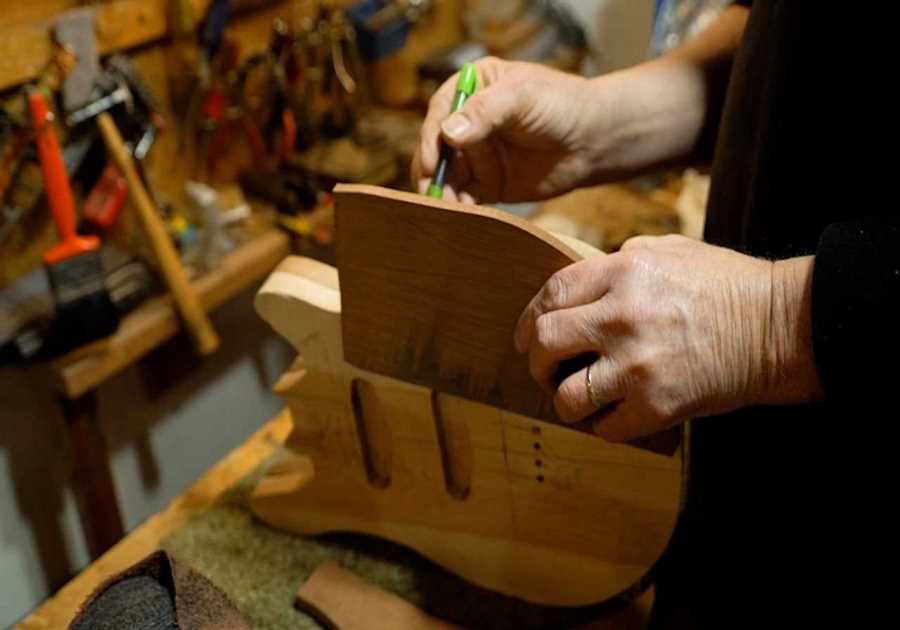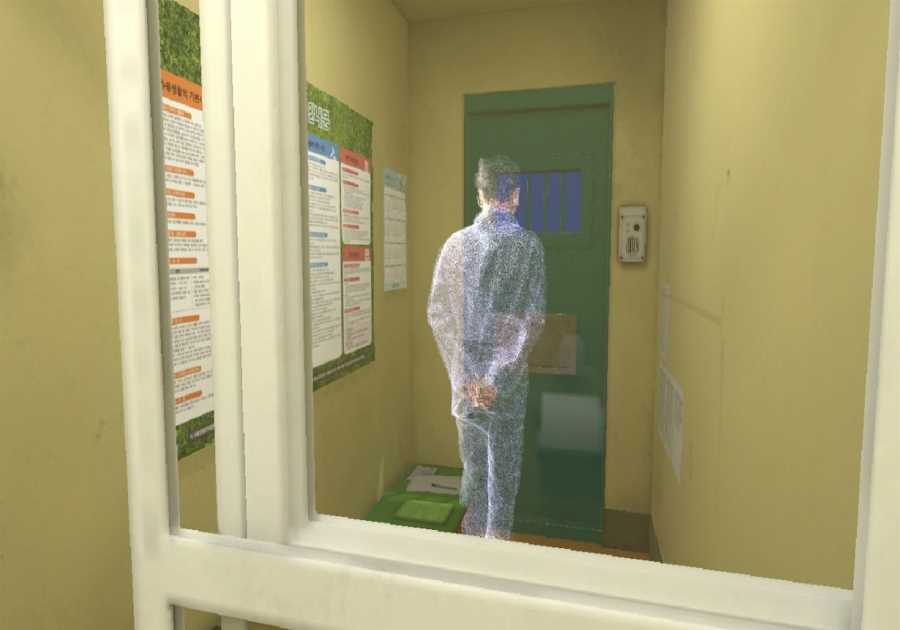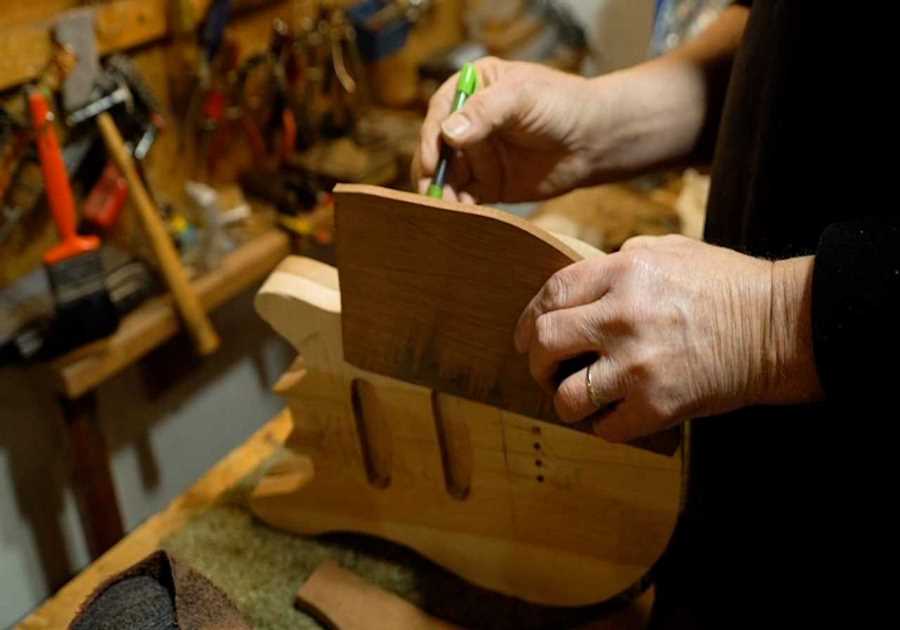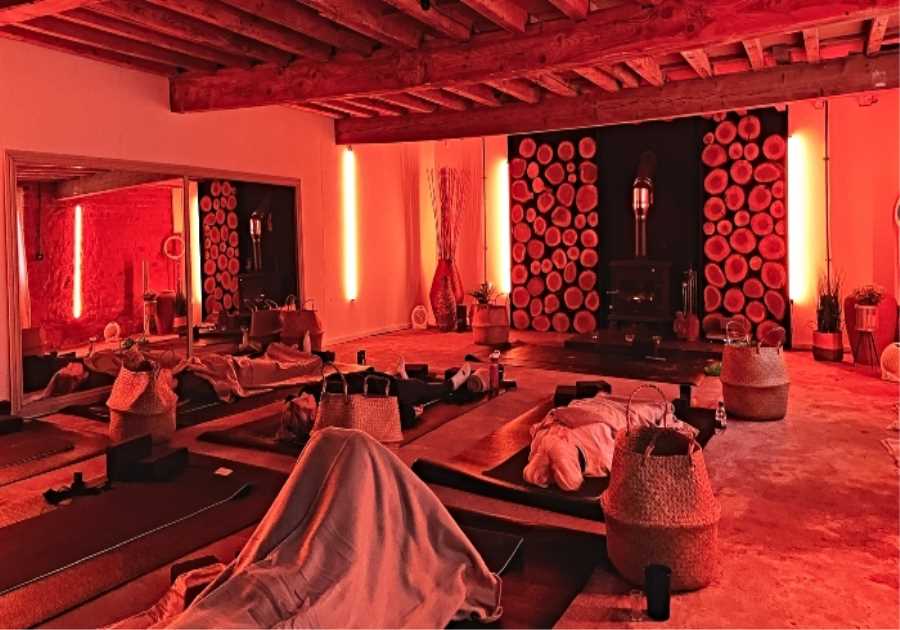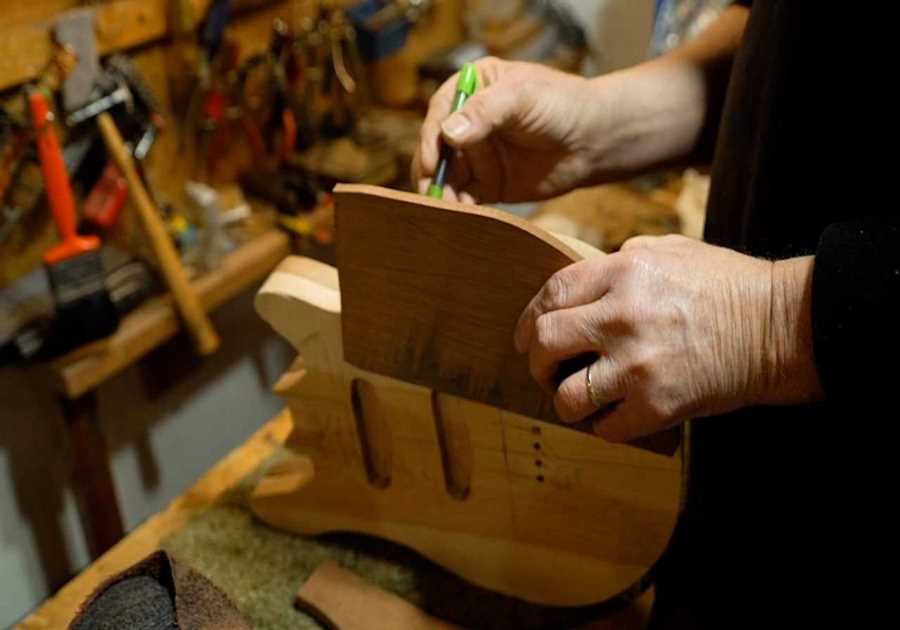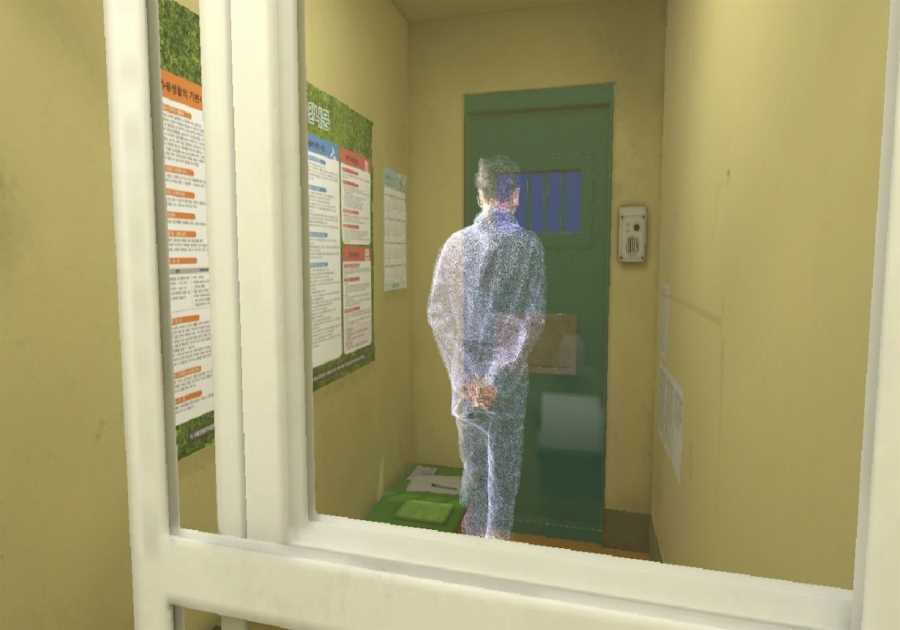It’s time for Saturday morning bon service, a celebration of the time of year when devotees of Jodo Shinshu Buddhism believe spirits of the dead return to visit with living descendants.
But Lanai Hongwanji Mission sits empty. The doors to the gilded altar, which survived seizure during a period of World War II-era xenophobia, are locked shut.
The Rev. Ai Hironaka, a visiting minister from Maui, arrives fifteen minutes late. Fresh off the ferry, he shuffles into the old minister’s residence to don a ceremonial black robe.
In the main temple, three worshipers sit among a dozen empty chairs and wait.
“Most of our congregation is dead,” says Billie Jean Marks, who joined the temple after moving to Lanai City in the early 2000s.

A troubling decline in membership is forcing Lanai Hongwanji Mission to reimagine its purpose in a small, multicultural community. Brittany Lyte/Civil Beat/2022
She pulls a cellphone from her purse and calls some of the last surviving temple members who haven’t shown up.
Sally Takahama, who is in her nineties, answers a call and soon scuttles in, bowing at the door. Two other kupuna say they can’t make it on short notice.
“Who else can we call?” Marks asks.
No one can come up with any more names. So in a mostly empty room, the service in veneration of ancestors begins.

Rev. Shinkai Murakami is a Japanese Buddhist Minister on Maui who often travels to Lanai to serve the Buddhist contingent in that community. Lanai Hongwanji Mission has not had a resident minister since 1985. Ryan Siphers/CivilBeat/2022
At Lanai Hongwanji, an aging congregation is wrestling with how to keep the temple going with so few participants left.
Death is one reason for the decline. Another is cultural assimilation. As elderly members die, a younger generation inclined toward religious disaffiliation is looking elsewhere for spiritual support.
The difficulties of living on a rural island of 3,000 residents also play a role, feeding a demographic shift. Young people are moving away from Lanai for better opportunities as the value of the island’s limited housing stock skyrockets beyond the means of many in the resident workforce. Older people are leaving in search of better medical care and assisted living services.
Lanai Hongwanji has acquired some new members who lack the Japanese ancestry and generational temple ties that virtually all members once shared. But if the temple is going to survive, the Rev. Shinkai Murakami said the congregation will need to evolve away from its traditional origins.
“The Hongwanji used to be the Japanese temple but we all have to throw away this idea,” said Murakami, one of four visiting reverends from Maui who take turns hosting a monthly service on Lanai. “Hongwanji should be a community temple. We need to make room for everybody, otherwise the Hongwanji’s are going to close.”
As resident minister of Maui’s Wailuku Hongwanji, Murakami has sought to infuse a historically Japanese congregation with new members of diverse ethnicities — Puerto Rican, African American, Caucasian, Filipino, Hawaiian. He also supported the ascent of non-Japanese members to leadership positions on the temple’s board of directors.
“I don’t talk about too much religion,” Murakami said. “I talk about daily life and what is the best way to make a happy life. And I always talk about how kindness can make our lives more meaningful and happier.”
Across 32 temples statewide, the denomination has 4,300 members. That’s down more than half from approximately 10,000 members in the 1970s, according to Bishop Eric Matsumoto, who oversees the Honpa Hongwanji Mission of Hawaii.
This decline has forced some temples to merge or close — a fate that could soon infest Lanai Honwanji if the congregation can’t reinvigorate itself.
“We haven’t forgotten Lanai,” Matsumoto said. “But I think that there will come a time, perhaps soon, that we have to address what’s going to happen to Lanai Hongwanji. If the writing is on the wall, so to speak, we should take the bull by the horns and plan, well, what are we going to do going forward?”

Mike Bocon, a former Maui police officer on Lanai who holds a blue belt in Brazilian Jiu Jitsu, stretches before grappling in the makeshift dojo at Lanai Hongwanji Mission. Brittany Lyte/Civil Beat/2022
Lanai Hongwanji has 15 members, denoted by those who make an annual financial gift. But the actual number of people who participate in temple activities is much smaller.
The temple’s membership roster includes descendants of deceased members who dutifully donate to honor their loved ones. But most don’t show up for service or pitch in with temple upkeep.
The treasurer templar comes from a long line of members, for example. He assists in building maintenance and administrative duties, but he does not attend services nor does he count himself a Buddhist or even a man of faith, according to vice president Chris Richardson.
The temple has not had a resident minister since 1985. The old living quarters, which still houses neatly made beds, has absorbed Buddhist artwork once owned by members who’ve died and giant taiko drums for the bon dance festival last held in 2019 due to the one-two punch of the Covid-19 pandemic and steady membership decline.
“It takes human resources to have a bon dance,” something that’s in short supply on Lanai, Matsumoto said.
This trend of decline is not particular to Buddhism. Americans are becoming more secular, with three in 10 adults claiming no religionaccording to a recent study by the Pew Research Center.
Yet as people increasingly shun organized religion, other meaningful practices such as yoga, meditation and tai chi are gaining popularity. That their origins trace back to Asia is not lost on Richardson, who desires to widen the appeal of Lanai Hongwanji, both as a community meeting place and a house of Buddhist faith.
And while he knows exposing nonmembers to the temple by allowing outside practitioners to host martial arts or meditation there won’t instantly boost membership, he believes it may over time.
“This place was built by Japanese Buddhist families,” said Richardson, who converted from Catholicism to join the temple 15 years ago. “It was maintained by Japanese Buddhist families. The members were Japanese. And my personal view is that there was a mistake where people took that a little too far. Whether knowingly or unknowingly, they were excluding other people who are not Japanese. And now we can’t get Buddhist families in here like it used to be.”
Can A Plantation-Era Temple Survive A Demographic Shift?
For nearly a century, the congregation at Lanai Hongwanji has proved resilient, adapting as political and economic shifts forced change on the former Hawaiian Pineapple company town.
Volunteers in the Japanese community erected a two-story Buddhist temple with a Japanese language school and minister’s residence on the town square in 1925, shortly after James Drummond Dole purchased the island that would become the world’s largest pineapple plantation.

Chris Richardson, who gave up Christianity to join the Lanai Hongwanji congregation about 15 years ago, has helped normalize the use of the temple for nonmember activities, such as jiujitsu practice and Vipassana meditation retreats. Brittany Lyte/Civil Beat/2022
After the Japanese attack on Pearl Harbor in 1941, the temple closed down. The Rev. Tadao Kouchi, the resident minister, was imprisoned in the Lanai City Jail.
The reverend and his family were ultimately forced to relocate to an internment camp in Arkansas. The plantation company confiscated the temple and gave it to a Christian fellowship that converted it to the Lanai Union Church.
In 1946, Kouchi returned to Lanai with his wife and children and, when he could not reclaim the temple in the heart of town for his Buddhist congregation, he helped morph an old plantation house at the edge of town into the new Lanai Hongwanji.
The temple’s first English-speaking minister arrived in the 1950s, dissolving a Japanese language barrier that had dissuaded participation from some Japanese-Americans who did not speak their ancestral tongue.
To further widen Lanai Hongwanji’s mainstream appeal, the reverend popularized carnival fundraisers and forged new affiliations with community youth groups and a little league baseball team.
Today some of Hawaii’s Japanese Buddhist temples have built on this concept, hosting ukulele lessons, yoga classes, even country line dancing to capture community interest.

The Rev. Ai Hironaka, resident minister of Maui’s Lahaina Hongwanji Mission, visited the Lanai congregation for the first time in three years due to the pandemic. In heavily accented English, the minister recounted his experiences celebrating the summer obon season in his native Hiroshima, Japan, to four worshipers who showed up for the summer bon service. Brittany Lyte/Civil Beat/2022
Past efforts to open Lanai Hongwanji to nonmembers for activities like youth wrestling practice have historically been shot down by members who didn’t want to water down the temple’s traditional Japanese provenance, Richardson said.
But increasingly, longtime members seem at peace with the idea that to stay viable the temple must reach across cultural lines. The temple now hosts a weekly yoga class, jiujitsu practice and occasional Vipassana meditation retreats.
“Now we’re accepting these things because we’re at a stage where there’s fewer people to say, ‘no,'” Richardson said.
“Obviously I don’t want people in here disgracing the place,” he added. “But I don’t think that’s a danger.”
The real danger, he said, is having nobody there at all.
Sign up for our FREE morning newsletter and face each day more informed.
sign up
sorry That’s an invalid email.
Thanks! We’ll send you a confirmation email shortly.
Did you miss our previous article...
https://yogameditationdaily.com/meditation-retreats/20-best-vegetarian


